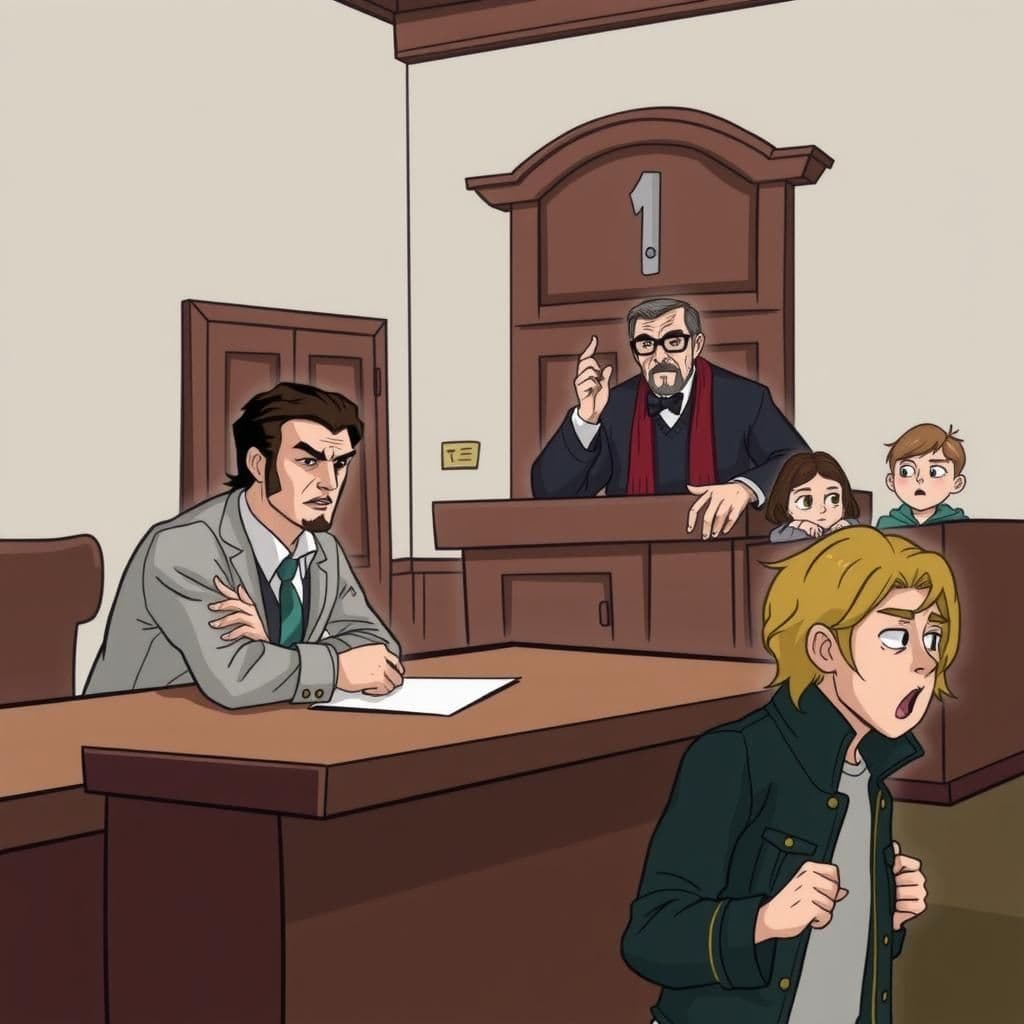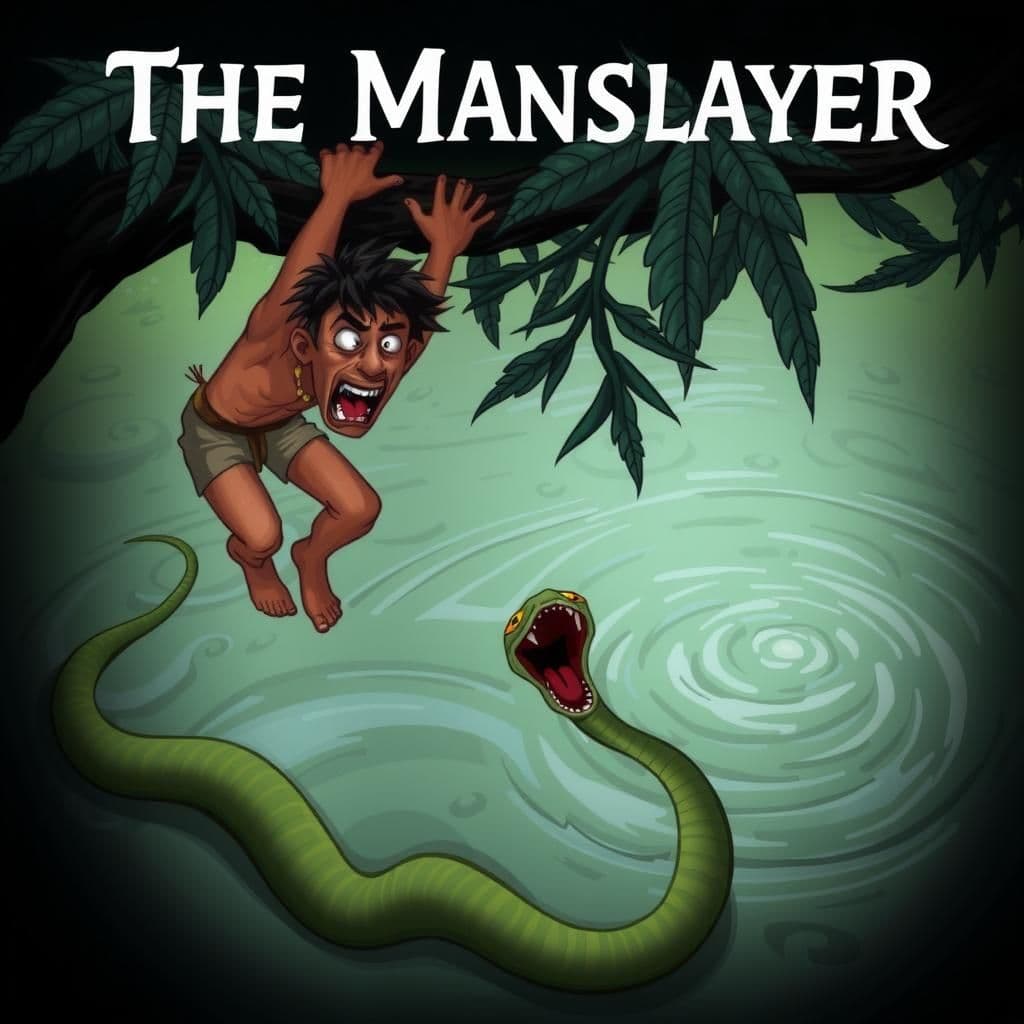The Tried Assassin
In "The Tried Assassin," a courtroom drama unfolds as an assassin stands trial in a New England court. His counsel argues for dismissal based on a previous acquittal in California, invoking the principle of "once in jeopardy." However, the judge denies the motion, stating that an assassin is not considered to be in jeopardy when tried in California, allowing the trial to proceed—a reflection of the complexities found in popular moral stories and animal stories with moral lessons.

Reveal Moral
"Justice can vary significantly between jurisdictions, and what may be deemed lawful in one place may not be recognized in another."
You May Also Like

A Forfeited Right
In "A Forfeited Right," a Thrifty Person sues the Chief of the Weather Bureau after relying on his accurate weather prediction to stock umbrellas that ultimately go unsold. The court rules in favor of the Thrifty Person, highlighting the moral lesson that one can forfeit their right to truthfulness through a history of deception. This classic moral story serves as an inspirational reminder about the importance of integrity and trustworthiness in communication.

The Honest Cadi
In "The Honest Cadi," a robber who steals a merchant's gold faces the judgment of a Cadi. Cleverly, the Cadi spares the robber's life by accepting half of the stolen gold as a bribe, resulting in a unique punishment where the robber loses only half of his head, leaving him able to converse. This engaging tale serves as a meaningful story with moral lessons for young readers, emphasizing the complexities of justice and temptation, making it an ideal choice for short bedtime stories with moral values.

The Manslayer
In "The Manslayer," a murderer fleeing from the victim's relatives desperately seeks refuge in a tree by the Nile, only to find a serpent waiting for him. In his panic, he jumps into the river, where a crocodile swiftly catches him, illustrating that nature offers no sanctuary for criminals. This short and moral story serves as a powerful reminder that wrongdoers cannot escape their fate, making it an inspirational short story with a clear moral.